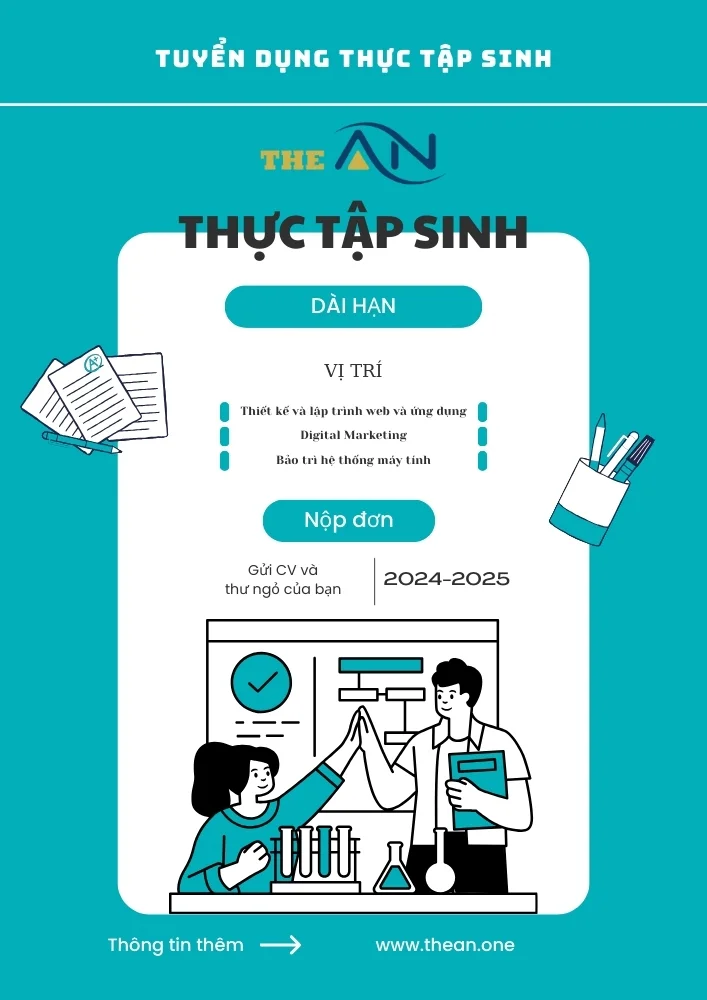What is Collective Noun? List of Examples, Uses and Exercises

A collective noun refers to a group or collection of people, animals, or things. It represents a singular entity made up of multiple individuals. Examples of Collective noun includes Team (A team of players), Herd (A herd of cattle), School (A school of fish) etc.
In this article We have discussed Everything you need to know about Collective noun such as Meaning of collective Noun, List of collective nouns, it’s uses, Exercises for collective nouns and more.
Let’s take a closer look at Collective Nouns in Detail.
Table of Content
- What is a Collective Noun?
- Examples of Collective Nouns
- Uses of Collective Noun
- List of Collective Nouns
- A Collective Noun is Singular or Plural?
- Examples of Collective Noun in Sentences
- Exercise for Collective Nouns
What is a Collective Noun?
In simple terms, A collective noun is a singular noun that refers to a group of people, animals, or things. A collective noun can be used with either a singular verb or a plural verb.
Collective Nouns are singular words that refer to an individual or a group. These nouns are used to describe a single unit, even though they refer to multiple individuals within that unit. Collective nouns are common in English and are used to simplify language.
Examples of Collective Nouns
The following are the examples of the collective nouns:
| Collective Noun | Example |
|---|---|
| Team | A team of athletes |
| Herd | A herd of cattle |
| Flock | A flock of birds |
| Pack | A pack of wolves |
| School | A school of fish |
| Swarm | A swarm of bees |
| Hive | A hive of bees |
| Pod | A pod of dolphins |
| Gaggle | A gaggle of geese |
| Army | An army of soldiers |
| Crowd | A crowd of people |
| Group | A group of friends |
| Bunch | A bunch of flowers |
| Fleet | A fleet of ships |
| Crew | A crew of sailors |
| Choir | A choir of singers |
| Hoard | A hoard of treasure |
| Pride | A pride of lions |
| Colony | A colony of ants |
| Family | A family of elephants |
Uses of Collective Noun
- With collective nouns, the same kind of animals, things can be given a name representing the whole kind.
- Collective nouns can take singular or plural verbs depending upon their implication i.e., whether it is implying to an individual or a group.
Collective nouns are used for the following purposes:
- Save Words: Condense descriptions for efficiency.
- Ensure Clarity: Emphasize group unity for clearer communication.
- Create Imagery: Contribute to vivid and expressive language.
- Maintain Flow: Facilitate smooth communication in writing and speech.
List of Collective Nouns
The following are the list of collective Noun for Animals, Person, and objects/ things.
Collective Nouns for Animals
Collective nouns for animals include the following:
- A shoal of fishes
- A flock of sheep
- A school of whales
- A troop of monkeys
- A column of chickens
- A drove of cattle
- A hive of bees
- A pack of asses
- A stud of horses
- A gaggle of geese
Collective Nouns for Person
Collective nouns for animals include the following:
- A bench of judges
- A colony of people
- A board of examiners
- A staff of officials
- A council of ministers
- A guild of artisans
- A union of workers
- A circle of friends
- A gang of thieves
- Collective Noun for Bees
- A swarm of bees
Collective Nouns for Objects/Things
Collective nouns for animals include the following:
- A bale of wood
- A block of flats
- A convoy of lorries
- A bunch of arms
- A cloud of dust
- A League of Powers
- A clutch of eggs
- A flotilla of ships
- A faggot of twigs
- An album of photos
A Collective Noun is Singular or Plural?
When the members of a collective noun perform an action as individuals, then the plural verb should be used for a collective noun. And, when the entity acts together, then a singular verb should be used.
- Committee= A group of people.
- Audience = A group of spectators.
- The committee is divided in its opinion.
- The audience was spellbound.
Examples of Collective Noun in Sentences
- A flight of horses has arrived to join the race.
- The stone pelters threw a volley of stones at the police.
- The tourist got attacked by a pack of wolves.
- A convoy of trucks containing supplies was sent to the border area.
- A sudden wind swept a pile of leaves.
- A regiment of enemy troops got caught in our ambush.
- The crew of ships demanded a raise in pay.
- I went to a concert where a band of musicians performed.
- A gang of dacoits robbed at least 10 villagers at night.
- He bequeathed her collection of paintings to the National Gallery.
Exercise for Collective Nouns
- A _________ of volunteers was present to help the players to navigate the way to the stadium.
- The cat dropped a _____________of four kittens.
- A ____________of local businessmen is bidding for the contract.
- Their ________of pubs and restaurants brings in millions of pounds a year.
- Maldives is a mere __________of hours away by jet.
- The two countries are separated by a ___________of mountains.
- There is a _________of rules to show what tourists should and should not do.
- A ____________of bullet shots rang out!
- The monk wears a __________of beads.
- The bird has a _________of feathers on top of its head.
- Body
- Litter
- Syndicate
- Chain
- Couple
- Range
- Set
- Volley
- String
- Tuft
FAQs on Collective Noun
A collective noun is a noun that refers to a group of people, things, etc.
- The collective noun for advisers: Council
- The collective noun for judges: Panel
- The collective noun for fish: Shoal
- The collective noun for laws: Code
- The collective noun for weeds: Crop
- The collective noun for plants: Family
- The collective noun for islands: Group
- The collective noun for lectures: Course
- The collective noun for powers: Alliance
- The collective noun for flowers: Bouquet
A Flock of Sheep
The collective noun for cards (e.g., playing cards) is typically “deck.” When you refer to a group or collection of cards, such as a set used for playing card games, you can use the term “deck of cards.” For example, “I shuffled the deck of cards before dealing.”
- Herd: A herd of cattle grazed in the field.
- Flock: A flock of birds flew across the sky.
- Pack: A pack of wolves roamed the forest.
- Swarm: A swarm of bees buzzed around the hive.
- Team: The soccer team won the championship.
- Crew: The ship’s crew worked diligently.
- Audience: The audience applauded the performance.
- School: A school of fish swam in the ocean.
- Hive: The hive contained a hive of activity.
- Bunch: She picked a bunch of flowers from the garden.
These collective nouns are used to refer to groups or collections of specific things, such as animals, people, or objects.
The following are the list of 50 collective nouns:
- Herd of cattle
- Flock of sheep
- Pride of lions
- Pod of dolphins
- Swarm of bees
- School of fish
- Pack of wolves
- Troop of monkeys
- Colony of penguins
- Murder of crows
- Parliament of owls
- Gaggle of geese
- Pod of whales
- Clowder of cats
- Kennel of dogs
- Troop of kangaroos
- Crash of rhinos
- Pod of seals
- Covey of quail
- Rafter of turkeys
- Drove of cattle
- Shoal of fish
- Sleuth of bears
- Troop of scouts (for humans)
- Group of friends
- Team of athletes
- Crew of sailors
- Audience of spectators
- Staff of employees
- Class of students
- Jury of peers
- Board of directors
- Committee of members
- Party of guests
- Choir of singers
- Cast of actors
- Squad of soldiers
- Band of musicians
- Troupe of performers
- Ensemble of musicians
- Orchestra of musicians
- Company of actors
- Set of tools
- Fleet of ships
- Collection of coins
- Stack of books
- Bunch of keys
- Bouquet of flowers
- Batch of cookies
- Pile of papers
People:
Objects:
These collective nouns are used to describe groups or collections of various things, including animals, people, and objects.
The collective noun for whales is a “pod” of whales. Whales, which are large marine mammals, are often found swimming and traveling in pods, especially when they migrate or feed. The term “pod” is commonly used to describe a group of whales, whether they are of the same species or a mix of different species.
- Love: She felt a deep sense of love for her family.
- Happiness: The news of her success brought immense happiness.
- Freedom: Many people have fought for the cause of freedom.
- Justice: The court’s decision finally brought justice to the victim.
- Peace: After years of conflict, the region finally achieved lasting peace.
- Courage: His courage in the face of danger was admirable.
- Knowledge**: Education is the key to acquiring knowledge.
- Friendship: Their friendship has lasted for decades.
- Kindness: Her acts of kindness touched the hearts of many.
- Success: Hard work and determination often lead to success.
- Wisdom: With age comes a wealth of wisdom.
- Beauty: The beauty of the sunset took their breath away.
- Hope: In times of adversity, hope keeps us going.
- Dream: Pursuing one’s dreams is a lifelong journey.
- Patience: Developing patience is essential in a fast-paced world.
These sentences illustrate how abstract nouns represent intangible concepts, emotions, qualities, or ideas.
Sentence: “Kindness is a virtue.”
In this sentence, “kindness” is the abstract noun that represents the quality or concept of being kind.
The collective noun for fish is “school.” So, we can refer to a group of fish as a “school of fish.”
The collective noun for wolves is “pack.” So, we can refer to a group of wolves as a pack of wolves.
The collective noun for monkeys is “troop.” So, we would say a troop of monkeys when referring to a group of them.
The following are the 10 examples of the collectie Nouns:
- Herd: A herd of cattle grazed in the field.
- Flock: A flock of birds flew across the sky.
- Pack: A pack of wolves roamed through the forest.
- School: A school of fish swam gracefully in the ocean.
- Swarm: A swarm of bees buzzed around the hive.
- Colony: A colony of ants worked diligently on their nest.
- Team: A team of soccer players competed in the tournament.
- Hive: A hive of bees produced honey.
- Pod: A pod of dolphins leaped out of the water.
- Herd: A herd of elephants marched through the jungle.






